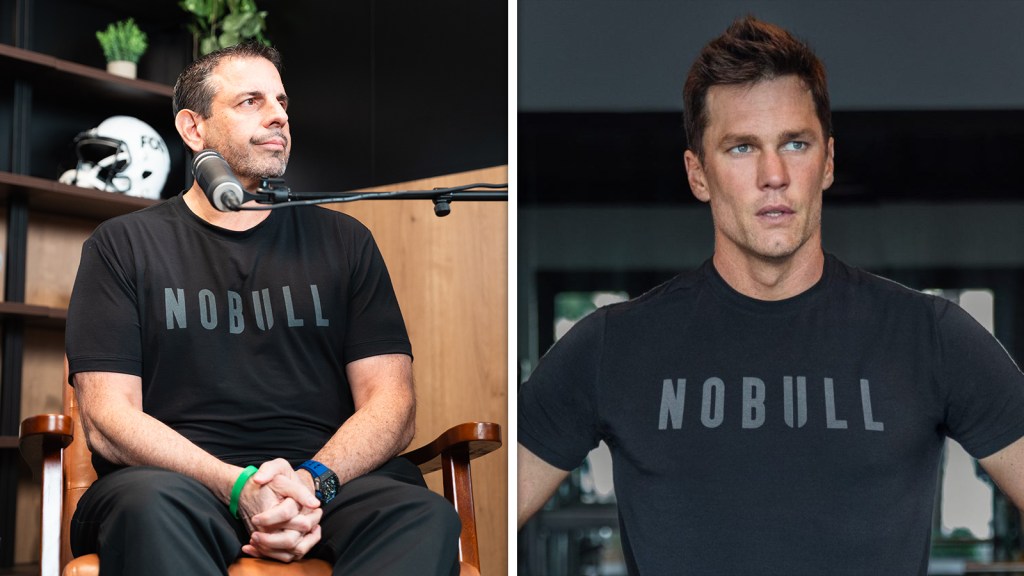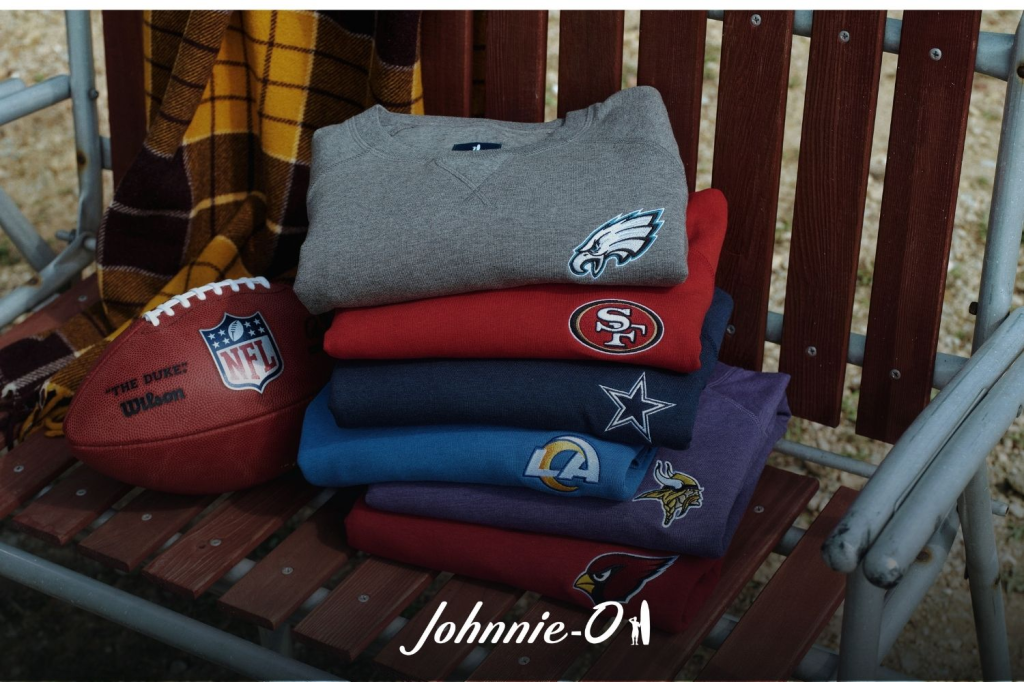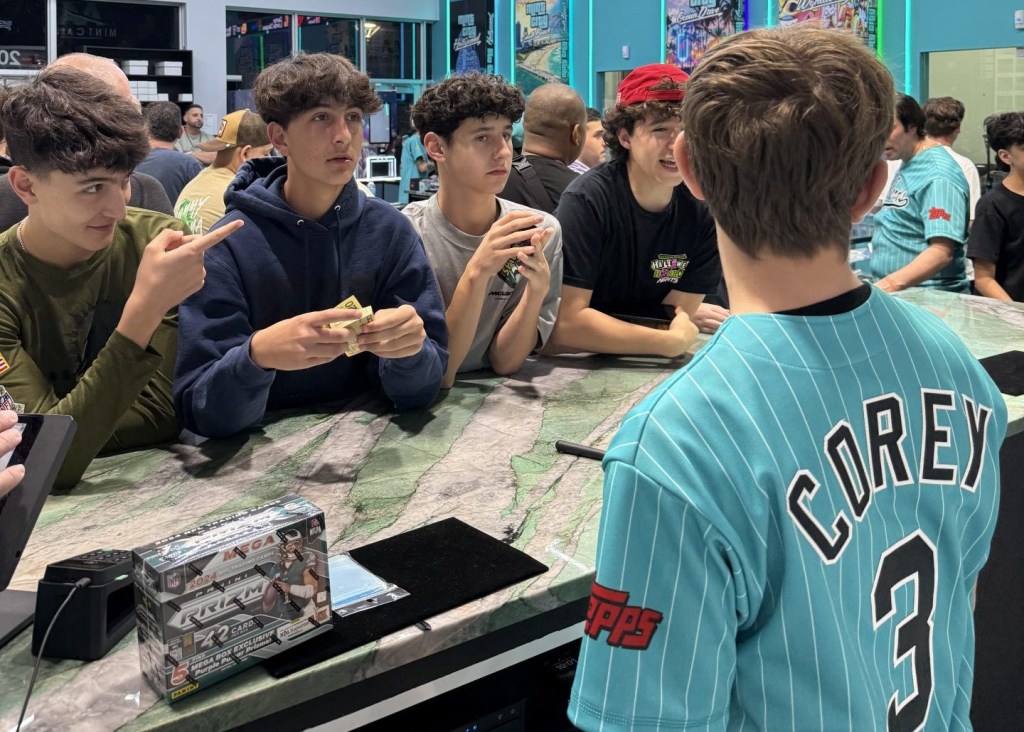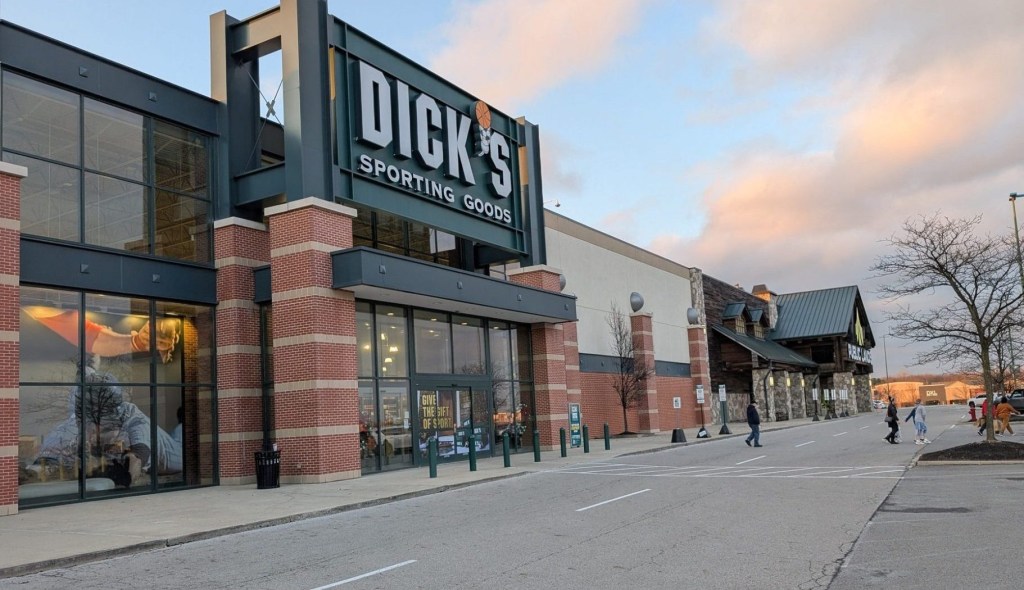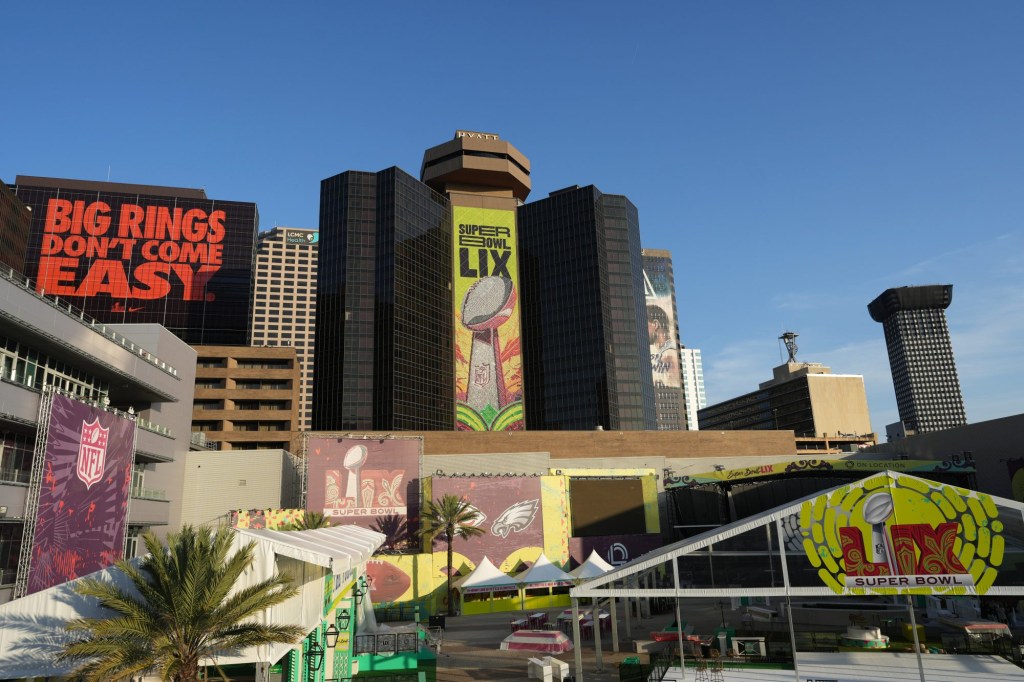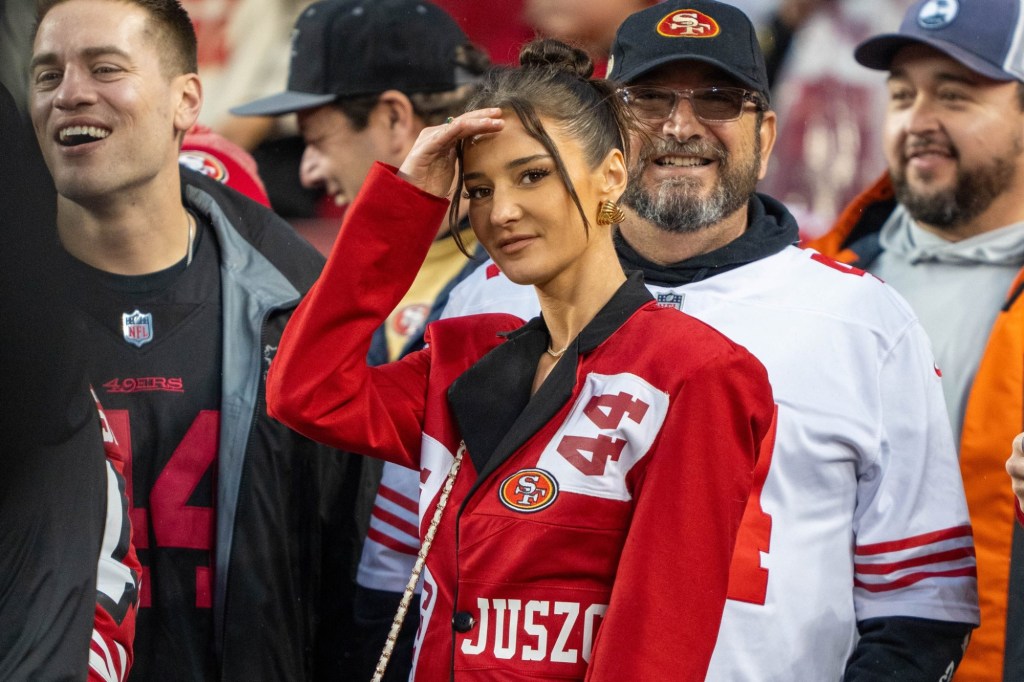The 2024 MLB playoffs served as the first postseason appearance for superstar Shohei Ohtani, but that wasn’t baseball’s only debut.
The batting helmets of every single player are plastered with the logo of Strauss, a German workwear company; it’s the first time a brand logo has been placed on MLB helmets in league history for US games.
The partnership between the apparel company and MLB was announced in September, in a deal that runs through the playoffs every year until 2027. Starting next season, Minor League Baseball teams will also have the Strauss logo on their helmets, even during the regular season.
Some fans quickly took to the internet to complain about the advertisements.
One Reddit user wrote the partnership has made them “unreasonably angry,” and called it “one of the grimiest ideas in MLB history.” A comment on that thread said sports advertising has a negative impact on them, as they end up “hating” companies that promote their brands on uniforms. Another Redditor said, “I don’t know what Strauss is and I don’t care to find out,” to which another responded: “I assume they made the helmet. I don’t care if that’s wrong.” (It is wrong.)
Henning Strauss, founder and CEO of the German company, said he isn’t shocked about harsh criticism from fans, but he believes many will eventually come around.
“That was always to be expected,” Strauss said when asked about negative reactions from baseball fans. “It does take a bit of time [to be accepted] whenever a new asset becomes available to the sports market.”
The change could be seen as just another pivot in MLB’s more recent shift to try to engage more and younger fans. MLB instituted a 30-second timer between batters in 2023, and a 18-second timer between pitches this year. The league agreed to allow teams to add uniform and helmet advertising patches in 2023.
No doubt Strauss is benefiting from blockbuster ratings for postseason games. The nine-game 2024 wild-card series averaged 2.82 million viewers across ESPN, ESPN2, and sister Disney network ABC, making it the most-watched wild-card series. It was up 25% from last year and 1% from 2022.
MLB hasn’t said how much Strauss paid for the helmet placement. However, it has 35 league sponsors this season and the Strauss deal was among the top 10 in terms of value, according to someone familiar with MLB’s sponsorship deals.
Henning Strauss says fans will learn to appreciate the brand eventually, especially when they learn the company is family-led instead of a big corporation.
“I very much believe that the more people get to know us as the sponsor—the company and the family—the more they will appreciate the choice MLB made,” he said. (Strauss is the third-generation leader of the brand established in 1948.)
Like with most things that involve change, much of the initial resistance will likely subside.
“People get up in arms about stuff to start and then weeks, months later, it’s as if it’s always been there,” Ryan Hatch, a former Yankees beat writer for NJ.com, told Front Office Sports.
While Hatch says he understands some people are upset about how ads affect the “purity of the game,” he believes as long as it doesn’t require fans to take any extra steps to watch games—compared to the NFL, which forced fans to subscribe to Peacock to watch a wild-card game last season—the annoyance will pass. “If I had to download a Strauss app to watch the game, now that’s an actual inconvenience for me.”
How Strauss Made the Deal
Hatch says the first thing that caught his eye about the Strauss placement was he had never heard of the company before. When he found out it was a German brand, he actually thought it was encouraging for baseball that a European brand chose to promote through MLB.
According to Henning Strauss, the brand has wanted to expand to the U.S. market for a few years now, and the opportunity was brought to them by MLB six months ago.
The brand has several other partnerships in sports, including with Liverpool FC and LAFC. Strauss said the company thought sports was a good entry point to the U.S. market because of audience overlap; helmets go hand-in-hand with Strauss products like gloves, tool bags, and work pants.
“Being a protective company selling safety equipment in general, this presented itself as a good opportunity for us moving into the market, [especially] because [MLB] is a well-established league within U.S. sports,” Strauss said.
MLB did not provide a comment on the Strauss deal.
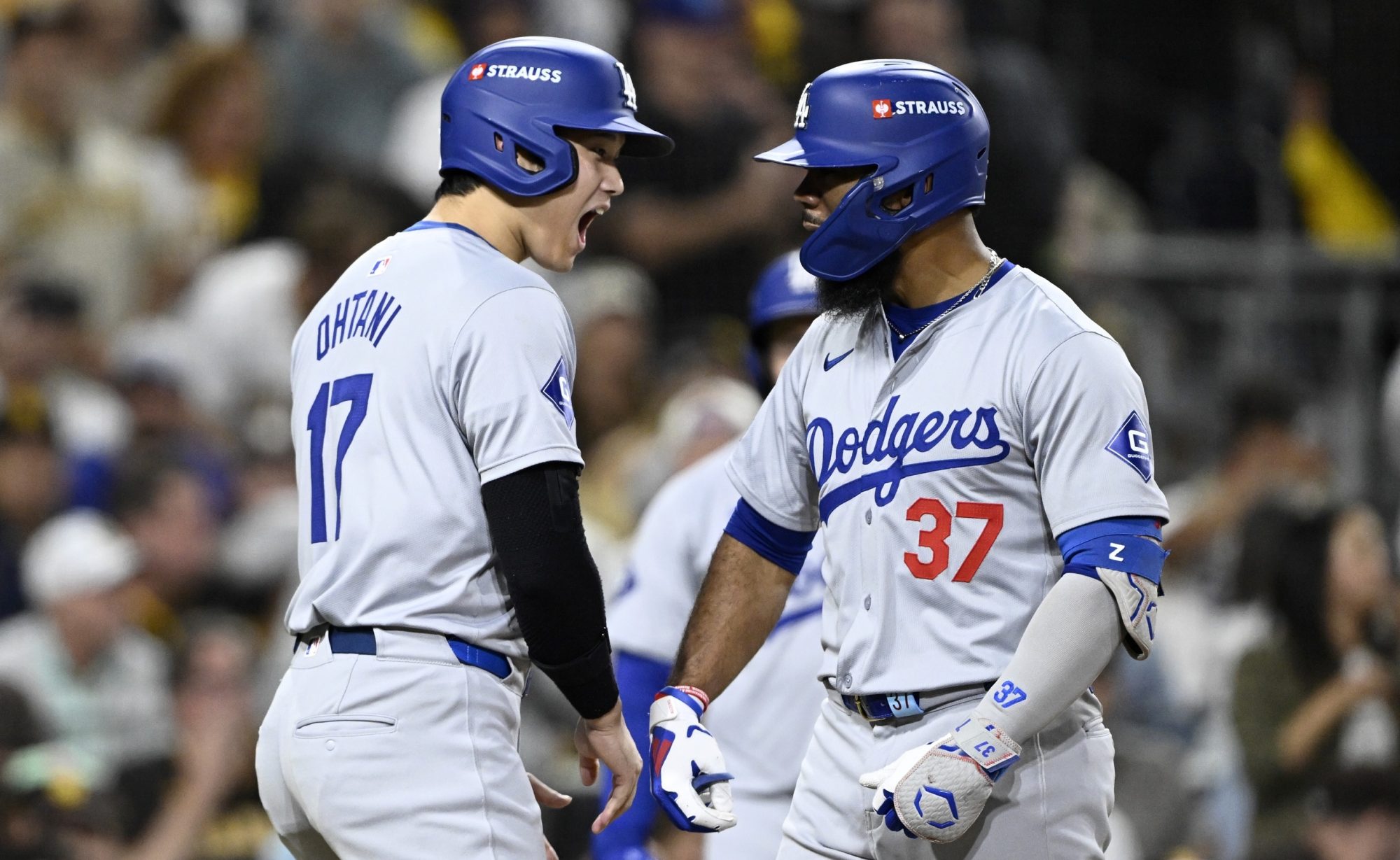
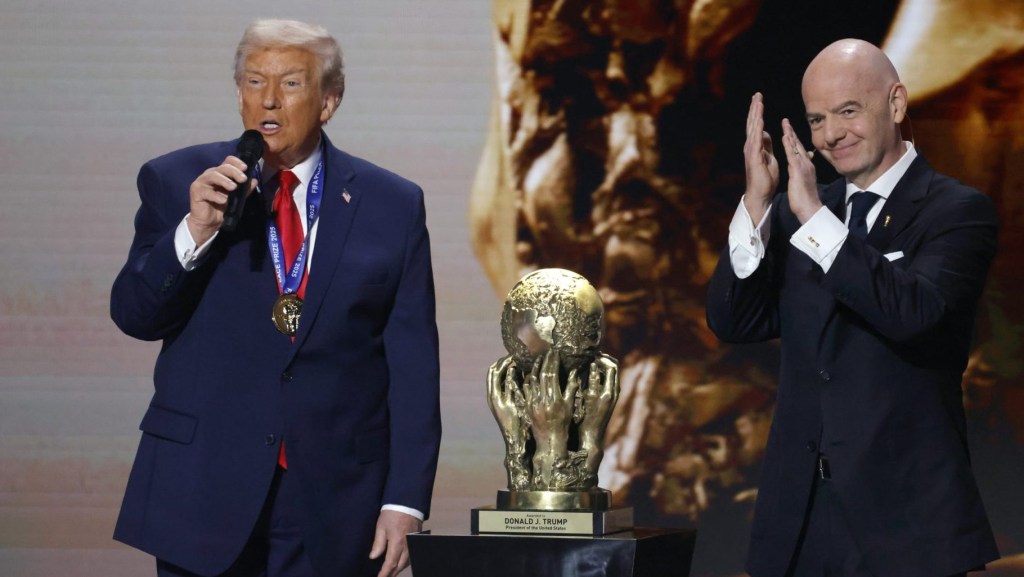

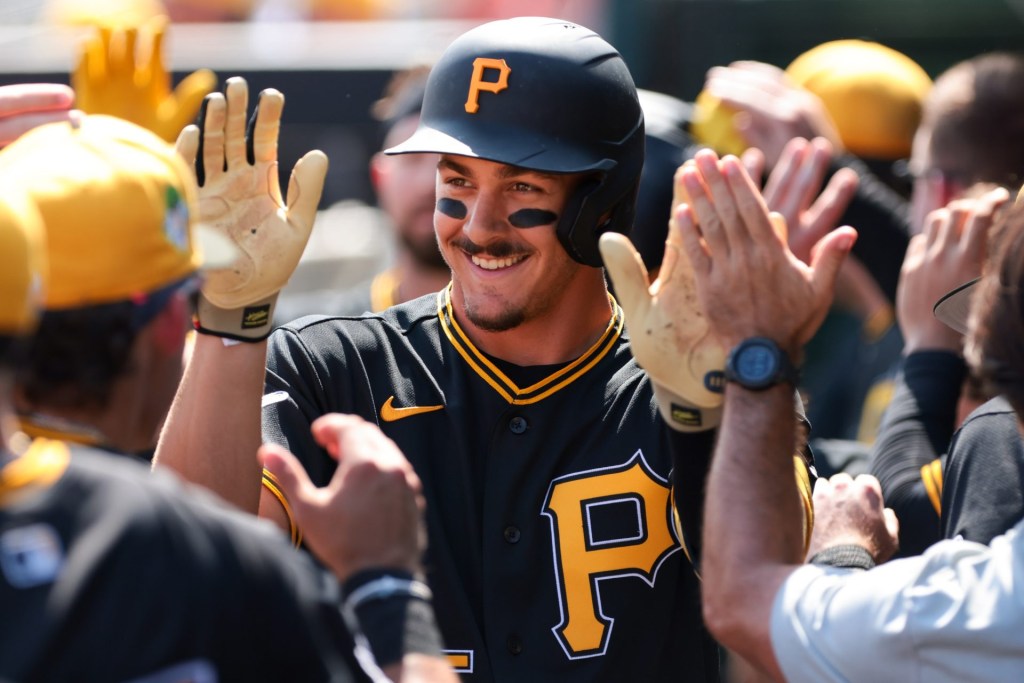
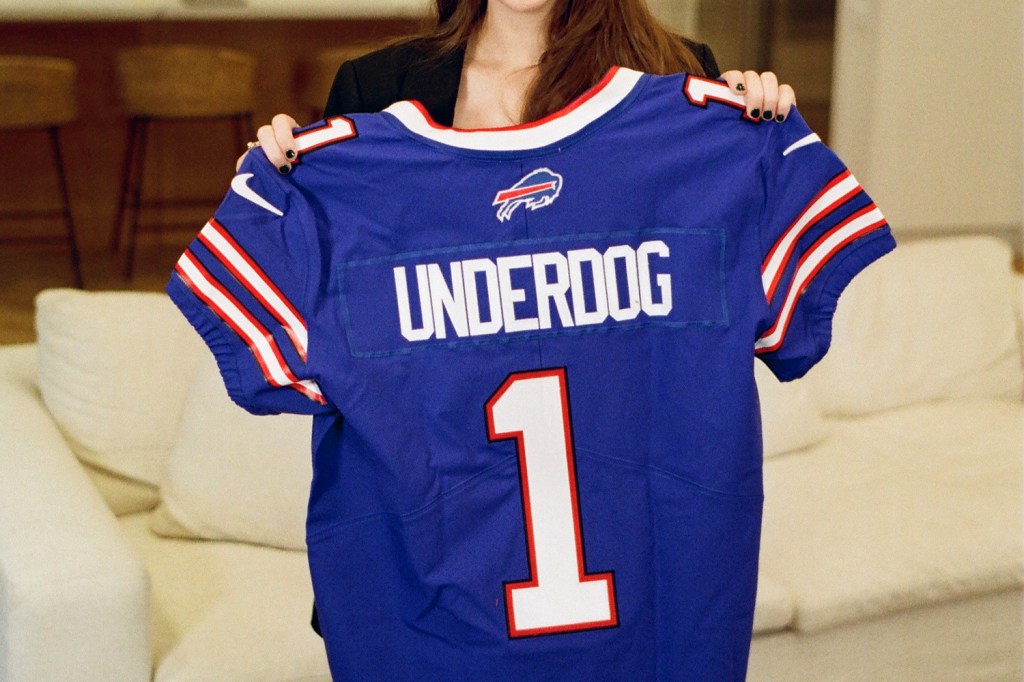

![[Subscription Customers Only] Jun 15, 2025; Seattle, Washington, USA; Botafogo owner John Textor inside the stadium before the match during a group stage match of the 2025 FIFA Club World Cup at Lumen Field.](https://frontofficesports.com/wp-content/uploads/2026/02/USATSI_26465842_168416386_lowres-scaled.jpg?quality=100&w=1024)
![[Subscription Customers Only] Jul 13, 2025; East Rutherford, New Jersey, USA; Chelsea FC midfielder Cole Palmer (10) celebrates winning the final of the 2025 FIFA Club World Cup at MetLife Stadium](https://frontofficesports.com/wp-content/uploads/2026/02/USATSI_26636703-scaled-e1770932227605.jpg?quality=100&w=1024)

